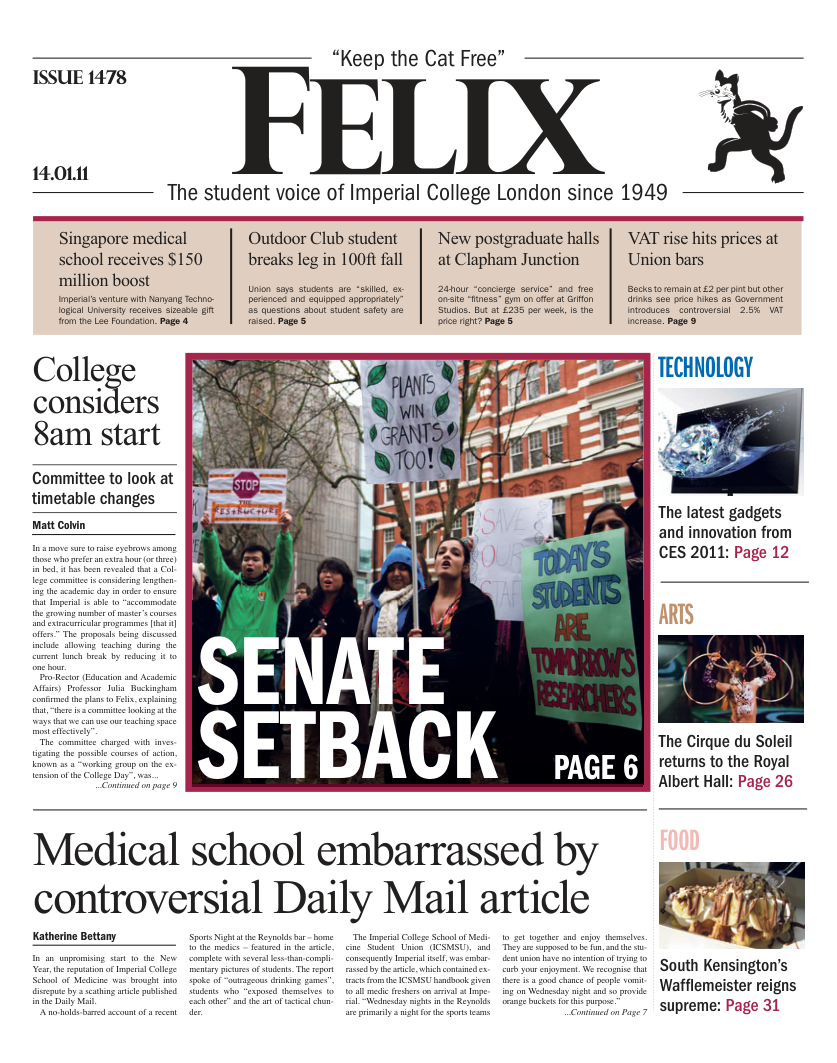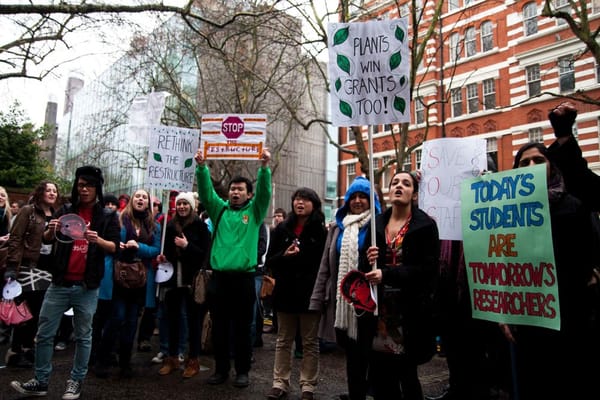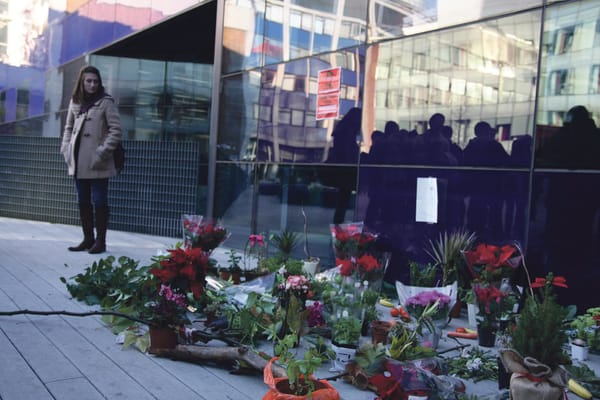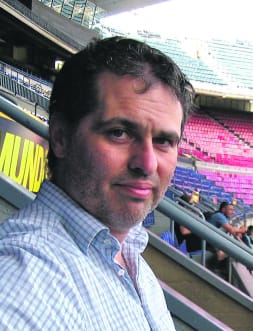Singapore medical school receives $150 million boost
Imperial’s venture with Nanyang Technological University receives sizeable gift from the Lee Foundation

Imperial’s new Singaporean medical school; a partnership between Imperial and the Nanyang Technological University, has this month received a gift of $150 million from the Lee Foundation.
The school, newly named the Lee Kong Chian School of Medicine after the Lee Foundation’s founder, philanthropist and business leader Tan Sri Dato Lee Kong Chian, will see half of the money going directly to students from poorer backgrounds.
The medical school, whose creation was announced August last year, will receive the money in order to create two endowment funds. $75 million will go towards a fund designed to provide scholarships and bursaries. The other half of the money will be used to further research and advance education at the new school. The school will also receive $250 million from the Singapore Government.
The Lee Foundation was founded in 1952, principally to further medical education and help the financially disadvantaged. The NTU Board of Trustees praised Tan Sri Dato Lee, saying, "Tan Sri Dato Lee Kong Chian had a vision to use his wealth not for personal betterment but to improve society as a whole. His selflessness and generosity will be an inspiration to the students of this medical school named after him".
Indeed, the medical school is expected to both further Singapore’s medical education and healthcare system, and create multidisciplinary research opportunities for both NTU and Imperial, for example in biomedical engineering, translational and clinical research, and health services research. Any breakthroughs subsequently made would ‘not only directly benefit Singaporeans but will also contribute to the well-being of the wider regional and global community’, a speculation made by the chairman of the school’s temporary Governing Board, Mr Lim Chuan Poh.
The school will initiate a new style of medical education in Singapore, combining a science-based approach with ‘e-Learning’, a style familiar to Imperial’s own medical students. NTU’s strength in engineering will be used to utilise technological advances in the field of medicine. The school, which will accept 50 students in 2013, will undoubtedly help ensure the successful future of healthcare in Singapore, as well as, according to the Lee Foundation, ‘provide assistance to bright and needy medical students who can pursue their life’s mission’.









